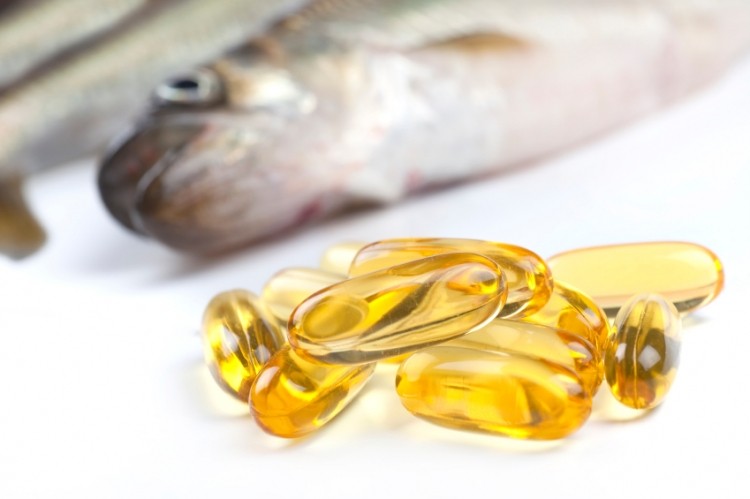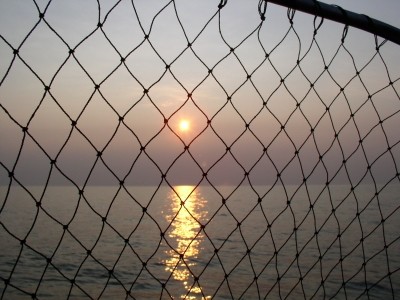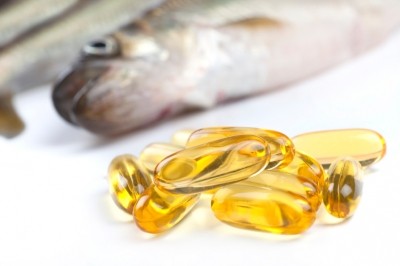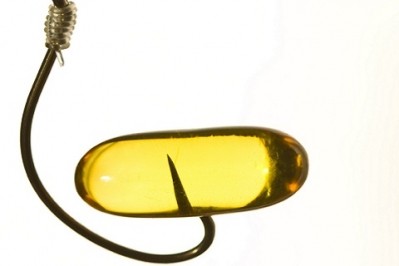Responsible supply: IFFO changes fish oil and fishmeal sourcing rules

“Now any fishmeal and fish oil factory wishing to demonstrate its responsible practices will be able to apply for certification to the IFFO RS standard,” it said.
“This should ensure the continued growth of the standard and bring it in line with the recognised best practice for standard setting.”
Since IFFO’s ‘Global Standard for Responsible Supply’ was introduced in 2009 it has been adopted in factories that account for 40% of the world’s fishmeal and fish oil output. 90 factories have been certified in nine countries.
Its Responsible Supply board also agreed to appoint another certification body to carry out factory inspections and issue certifications. At the moment, this task is carried out by SAI Global.
“This will provide applicants with a choice of certifiers, which should make the process of becoming certified more efficient and cost effective.”
IFFO has also added some clauses to the RS Standard and asked for feedback on them until April 30, 2014.
Widened ambition
“The IFFO RS standard has got off to an excellent start, but the Board felt that the time had come to widen the ambition of the standard to address the whole global marine ingredients industry,” said Dr Andrew Jackson, chairman of IFFO’s RS Board.
“The decision to allow non-IFFO members to apply for the standard gives the factories processing the over 40% of global production not coming from IFFO members, the opportunity to demonstrate their responsible practices.”
“These practices will now include not only responsible raw material procurement and safe processing, but also some entry level requirements in the areas of factory effluent and emissions as well as employee terms and conditions. These changes should reassure the marine ingredients value-chain that products certified to our standard are being responsibly produced and are increasingly available for their use.”
IFFO members operate in 60 countries and account for more than 50% of world production of fishmeal and 75% of fish oil traded worldwide.
Most of the largest fisheries such as Peruvian anchovy, Alaskan Pollock, Blue Whiting in the UK, Iceland and Norway and Gulf menhaden in the US have been certified for whole fish and by-product raw material to produce compliant fishmeal and fish oil.
What is responsible?
The move comes as people demand to know more about the marine-sourced foods they eat – including omega-3 food supplements – but the issue has entered tricky semantic waters as debate rages about the difference between ‘sustainable’ and ‘responsible’.
There is no formal definition of what ‘sustainable’ is in the European Union, which has led to some retailers being criticised and even rooftop-protested by the likes of Greenpeace over their use of the term.
Marine Stewardship Council (MSC) fishery certification is generally regarded as the high-bar in the area, and MSC promotes its certifications as being sustainable, but not all certifications come with MSC backing, including the IFFO scheme.
“We are very careful not to use ‘sustainable’ because there is not enough clarity there at the moment,” Dr Jackson, told us last year “We say our factories engage in responsible raw material procurement.”
“It is semantic yes, but that is because there is so much argument over the use of the word 'sustainability'. We are very careful about using the ‘S’ word.”
The IFFO mark is based on a third party certification of the processing factory and can include an assessment of the fishery if an MSC or other assessment of it has not been conducted.
Dr Jqckson emphasised the mark was designed for B2B use, and was not intended to be used as a product differentiator at consumer level as was the MSC certification mark.
Retailers like Sainsburys’ in the UK support the IFFO mark.
In 2012 there were about 5 million tonnes of fishmeal and 1m tonnes of fish oil produced.
Other certification schemes include SCS Global Services' Fishery Improvement Projects (FIPs).
More about the IFFO RS scheme can be found here .
Fish oil is a major source of omega-3 forms like DHA (docosahexaenoic acid) and EPA (eicosapentaenoic acid) which have been backed in the scientific literature and by regulators to benefit brain, heart and eye health.



















